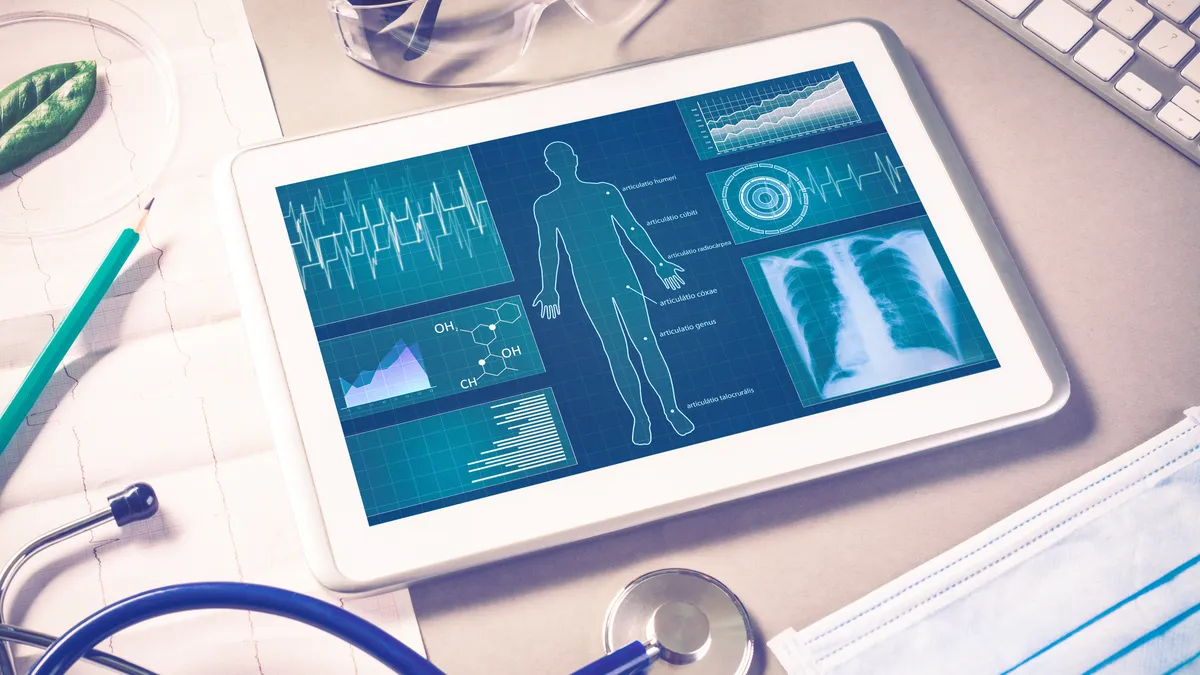Dive Brief:
- The Food and Drug Administration (FDA) on Thursday released a plan clarifying when it will regulate certain types of clinical and patient and decision support software as medical devices.
- The agency also announced that it plans to not regulate mobile applications only intended to maintain or encourage a healthy lifestyle, such as Fitbits. The proposed change would update the category of applications to be considered not medical devices subject to FDA oversight.
- It also finalized guidance on Software as a Medical Device developed with the International Medical Device Regulators Forum, which aims to align medical software regulation internationally by offering common principles to determine safety and effectiveness.
Dive Insight:
FDA Commissioner Scott Gottlieb plugged the trio of policy documents (two drafts and one final guidance) as a leap forward toward more clarity on the regulation of digital health products – fulfilling, and going beyond, certain obligations in the 21st Century Cures Act, he says.
“Our interpretation of the Cures Act is creating a bright line to define those areas where we do not require premarket review. And we’re providing more detail on those technologies and applications that would no longer be classified as a medical device subject to FDA regulation. This will allow us to focus our efforts on the highest-risk products,” Gottlieb said in a statement.
In one draft guidance, “Clinical and Patient Decision Support Software,” FDA outlined how it plans to approach regulation of clinical decision support (CDS) software and patient decision support (PDS) software. The draft exempts certain CDS as a medical device, such as when a physician can independently review the underlying basis for the recommendation being made by the CDS.
Gottlieb pointed to certain medical imaging, in vitro diagnostic signals or patterns from a processor such as an electrocardiogram as certain CDS that will still be regulated by FDA due to the potential for patient harm.
But one medical device attorney, argues that the CDS draft guidance is not actually that helpful because the agency did not appear to work toward a clear risk-based determination framework as a basis for regulation of CDS, something he says industry was hoping for.
“Congress never intended for the statute to encompass all of the exemptions from the act. It intended for FDA to adopt a risk-based approach as the agency promised in the 2014 so-called FDASIA report. But FDA did not for physician-directed software. The bottom line seems to be that software that does not provide a reasonable basis for reviewing the recommendation will always be regulated regardless of risk,” Brad Thompson, attorney at Epstein Becker & Green, told Healthcare Dive.
Certain lower-risk patient decision support software, which also allows a patient or caregiver to review the basis of a recommendation, such as software reminding patients how and when to take a drug, is also being proposed to be exempted as a medical device, according to Gottlieb.
Thompson praised FDA for being open to the exempting some PDS, but raised concerns that it is not clear when patients would be able to understand the basis of a recommendation being made.
“The section on patient decision support suggests that the simple test is whether patients — which presumably include those who might only have a sixth grade education — can understand the basis for the software. That’s not a very clear standard. And it is not risk-based,” Thompson said.












